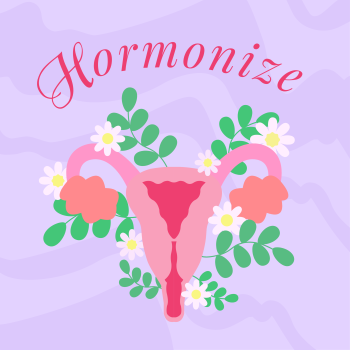
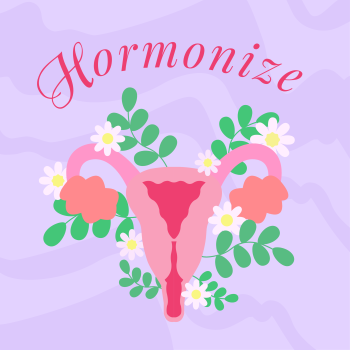
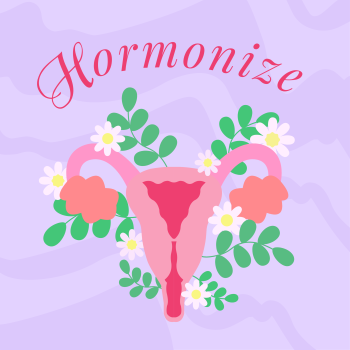
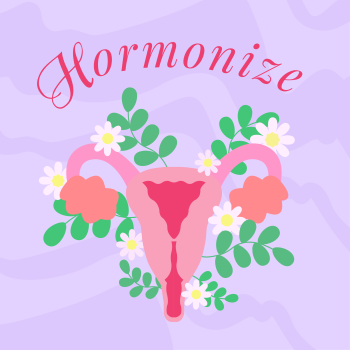
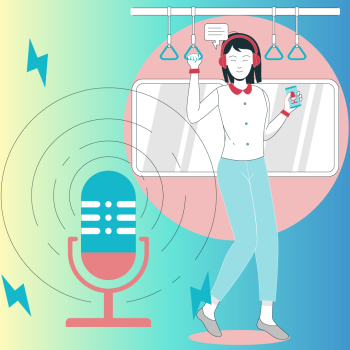

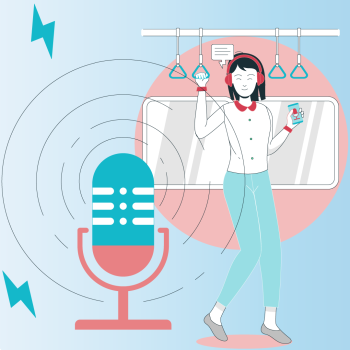
|
Learning is a lifelong process that enables the continuous development of a person’s capabilities as an individual, a member and active citizen of a shared society. What formal education has not been able to achieve, and thus, calling for a different form of learning, passing on knowledge, and developing skills. Non-formal education brings a unique contribution to the development of an individual as a complement or alternative to formal education; and being cross sectoral and multi-beneficiary in nature, non-formal education generates a transformative impact on societies by supporting youth's personal growth.
Non-formal education is unarguably the most effective form of education that contributes to leadership sustainability and sustainable development through youth political and civic engagement. Non-formal education is an integral part of United Nations Sustainable Development Goal 4, in particular, target 4.6 on youth and adult literacy and indicator 4.3.1 on youth and adults participation in formal and non-formal education. Being learner-centred, rights-based, and characterised by voluntary participation, experiential learning, and peer-to-peer learning, non-formal education plays a crucial role in the development of young people’s knowledge, skills, and competencies.
Non-formal education is critical for a provision of quality, relevant alternative learning opportunities through equity, diversity, and inclusion. When used in youth work, non-formal education has proven to be an effective means for ensuring the right to education for millions of young people, especially young women and gender diverse persons who face significant barriers, like stigma, prejudices, and discrimination in navigating and accessing formal education systems. Non-formal education in youth work is key to empowering the most vulnerable youth, in particular ethnic or racial minorities and indigenous youth towards building resilience to claim and exercise their fundamental rights. |





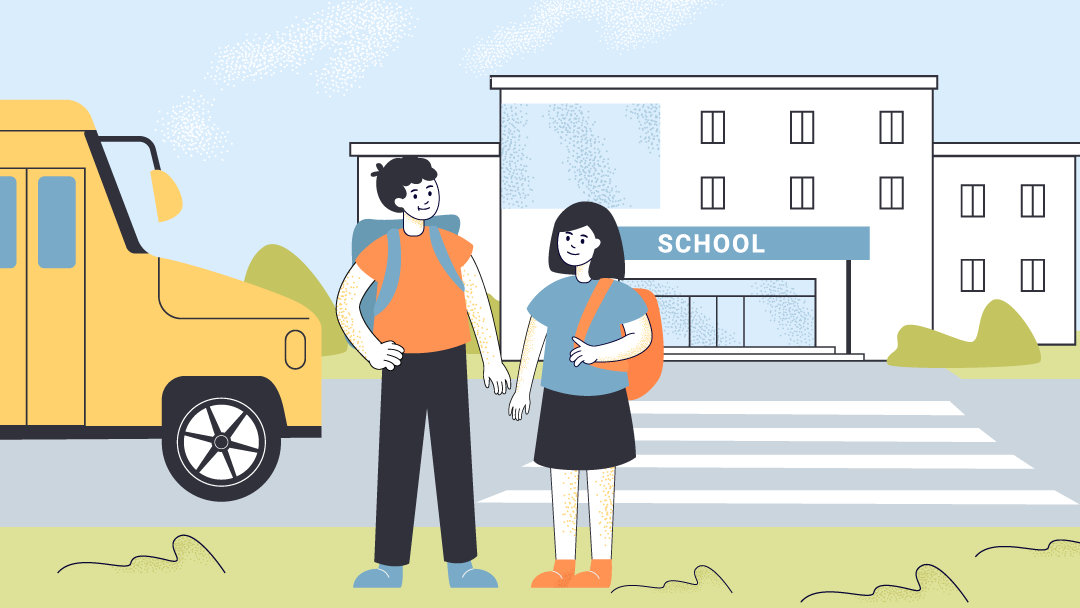 Published on 28.06.2022 at 14:38
Published on 28.06.2022 at 14:38